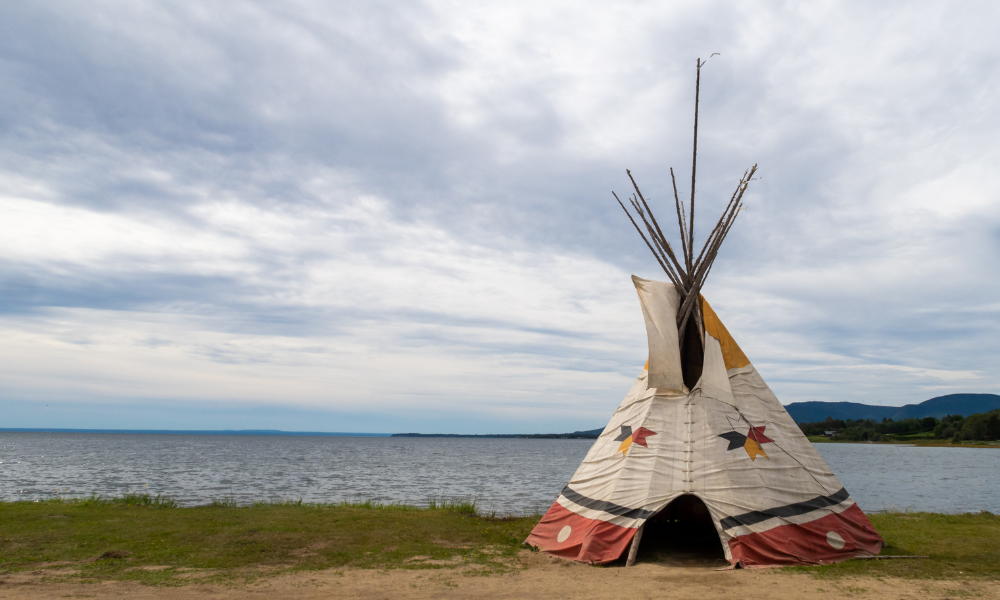Nine Ontario First Nations seek injunction to stop fast-track laws they say bypass consultation rights

Nine Ontario First Nations are asking the courts to halt recently passed federal and provincial laws that they say threaten their self-determination and override constitutional obligations to Indigenous consultation.
As per a legal notice filed in Ontario Superior Court, both the federal Bill C-5 and Ontario’s Bill 5 present a “clear and present danger to the Applicant First Nations’ self-determination rights” and enable governments to push through major infrastructure projects without adequate engagement.
The First Nations involved are Alderville, Apitipi Anicinapek, Aroland, Attawapiskat, Fort Albany, Ginoogaming, Kitchenuhmaykoosib Inninuwug, Oneida Nation of the Thames, and Wabauskang.
Bill C-5 allows the federal cabinet to fast-track projects like ports, pipelines, and mines by designating them as “in the national interest” and bypassing existing federal laws, reported CBC News.
Ontario’s Bill 5 gives the provincial cabinet authority to create “special economic zones” that override provincial and municipal regulations.
Chief June Black of Apitipi Anicinapek Nation said, “First Nations have a right to self-determination... [and] to a way of life in our lands, and that way of life includes decision-making and government authorities.”
She stated that Canada and Ontario cannot continue making unilateral decisions on major developments.
Speaking at Queen’s Park, Black described a “sacred responsibility” to protect the land and warned that “what’s about to happen is going to be very harmful.”
Environmental concerns also featured prominently.
Black noted that 40,000 mining claims are already active on her territory and said she fears for the condition of the land and spring water if approval and environmental processes are bypassed.
The constitutional challenge seeks an injunction prohibiting Ottawa from selecting national interest projects under Bill C-5 and barring Ontario from implementing special economic zones under Bill 5.
Lawyer Kate Kempton, representing the nine First Nations, said during a press conference that the two laws grant governments “unfettered, unrestricted authority to wave a magic wand” and sideline Indigenous objections.
Ontario Premier Doug Ford’s government has cited economic goals and US trade threats to justify the legislation.
Kempton, however, said the Trump administration was being used as an “excuse,” adding, “Ford has been gunning for the Ring of Fire, for the Greenbelt, and a bunch of other things since he got into power.”
Alderville First Nation Chief Taynar Simpson said the Ontario government had always wanted to implement the bill and now “finally had an excuse to do it.”
He argued that Bill 5 “is destroying habitats and species” and said his community was mandated “to stop this bill at any cost.”
The Ring of Fire, a mineral-rich region in Northern Ontario, has already been designated a special economic zone under Ontario’s legislation.
As reported by the BBC, 20-year-old Attawapiskat member Jeronimo Kataquapit is camping outside the region in protest. “Ever since these laws were passed it’s no longer about Indigenous consultation, it’s about consent,” he said.
At the federal level, Prime Minister Mark Carney has called Bill C-5 — his first major legislative move — a tool to accelerate “nation-building” projects.
During a press conference, Carney said the law’s first step is to begin consultations to define what such projects entail before moving forward with specific proposals.
As reported by the BBC, the federal government has signalled interest in a carbon-capture project in Alberta, a pipeline in British Columbia, and further development in the Ring of Fire.
According to Ontario Regional Chief Abram Benedict, Indigenous environmental assessments “consider everything: air, land, water, medicines and animals.” Benedict said projects that ignore Indigenous knowledge “have essentially failed.”
Under Canadian law, consultation with Indigenous communities is not optional. The constitution affirms Indigenous rights and requires prior and informed consent for actions affecting their lands and resources.
However, as reported by the BBC, Justice Minister Sean Fraser has said consultation “stops short of a complete veto.”
Critics such as Indigenous governance expert Pamela Palmater argue that consultation must include accommodation of concerns and often, consent.
Assembly of First Nations Chief Cindy Woodhouse Nepinak said her organisation is “united” in its opposition and has submitted proposed amendments to the law.
First Nations leaders are scheduled to meet with Carney and later with Inuit and Métis groups to discuss the issue further.
According to the Ontario government, consultations with First Nations aligned with its economic development vision have already begun and will continue through the summer.
Spokesperson Hannah Jensen stated that these discussions will shape the regulations and criteria for both special economic zones and Indigenous-led economic zones.



